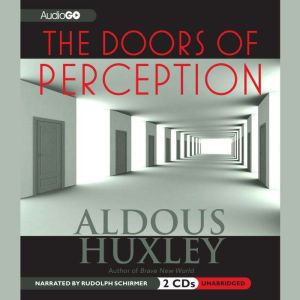Quotes
“There is nothing the pen of Huxley touches which it does not illuminate, and as the record of a highly civilized, brilliantly articulate man under the influence of an astonishing drug, The Doors of Perception is a tour de force.” Daily Telegraph (London)
“You can look at Aldous Huxley and draw parallels with the Beatles…with The Doors of Perception his full-blown Sergeant Pepper trip. Like the Beatles, Huxley had so many ideas in his head that it was natural he would want to expand and experiment. What drugs provided for them both was not escape, but reevaluation.” Times (London)
“The Doors of Perception is a poignant book, partly because it reveals the human frailties and yearnings of a very cerebral writer.” Financial Times (London)
“Sometimes a writer has to revisit the classics, and here we find that ‘gonzo journalism’—gutsy first-person accounts wherein the author is part of the story—didn’t originate with Hunter S. Thompson or Tom Wolfe. Aldous Huxley took some mescaline and wrote about it some ten or twelve years earlier than those others. The book he came up with is part bemused essay and part mystical treatise—‘suchness’ is everywhere to be found while under the influence. This is a good example of essay writing, journal keeping, and the value of controversy—always—in one’s work.” Amazon.com, editorial review



